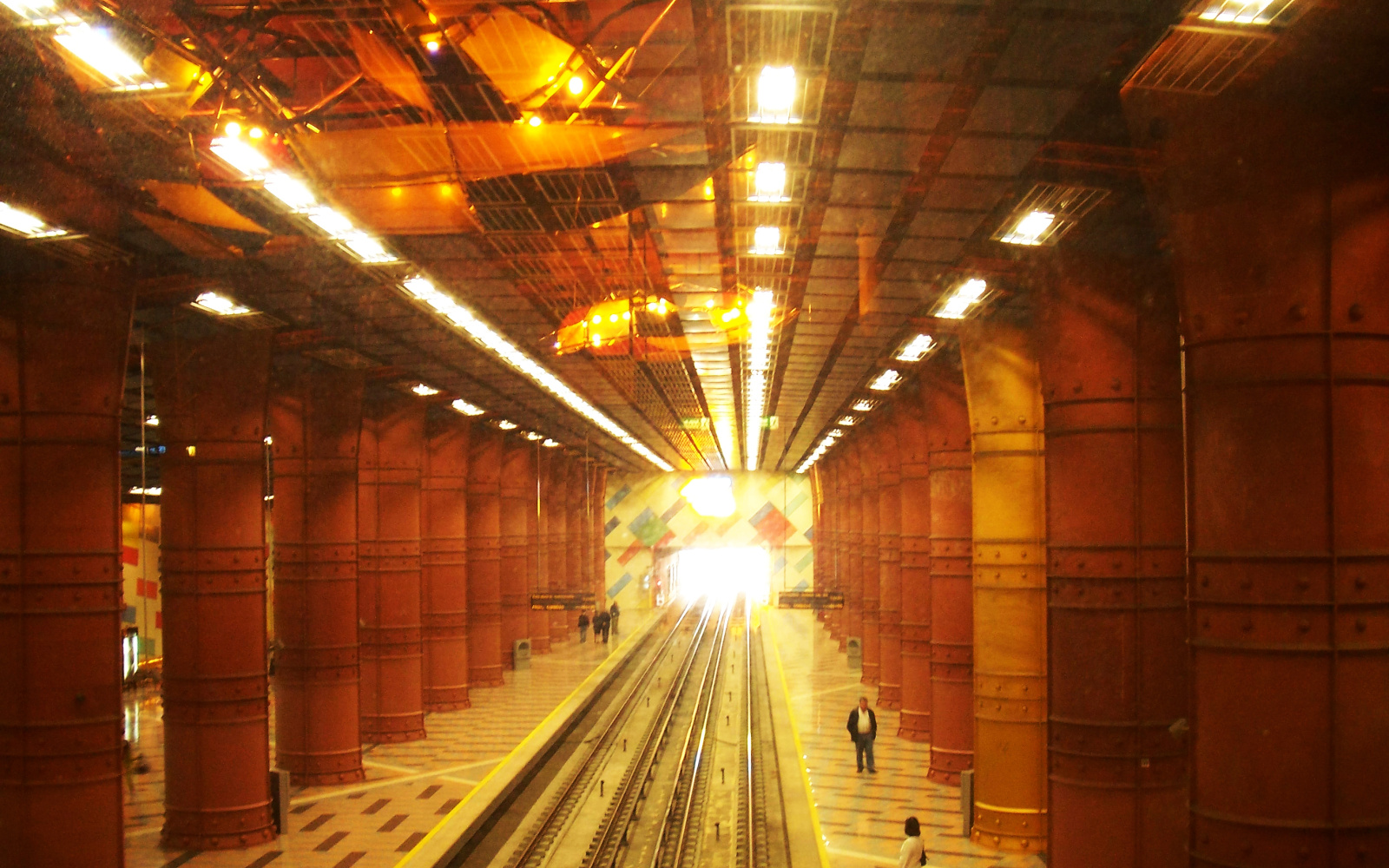Lukas Brasiskis
Temporal Realism in Lithuanian Documentary Films of the Early 1990s
This paper argues for the necessity of a renewed engagement with the idea of temporal realism in non-fiction films against the prevailing attitude in contemporary film studies that considers such a topic outdated. A temporal and object-oriented dimensions, in particular, are central – I will suggest – to any serious engagement with the topic of realism while analyzing poetic (by contrast to expository storytelling-based) documentary film aesthetics. By referring to Arūnas Matelis’ »Ten minutes Before the Flight of Icarus« (1991), Audrius Stonys »Earth of Blind« (1991) and Šarūnas Bartas’ »In Memory of the Day Passed« (1990) – all three long take-based films usually ascribed to Lithuanian poetic documentary movement of the 1990s – I will show that the problem of the passing real in these particular films is closely tied to the temporal specificity of the process of filmmaking and the medium itself. These films, I will indicate, record events both personal and universal and make them overcome their conventional informational status, allowing an inhabitation of the real that is alien to the constructed reality. In consequence, I will argue – via Gilles Deleuze and John Mullarkey – that the aforementioned films restore the actuality of the time passed in order to return to the image its own reality, and produce a subjectivity that would inhabit both the present of the film time and the virtual space of the past. Thus, this kind of realism does not raise a question of direct reference between the cinematic image and a stable or objective reality, but rather emphasizes temporal correspondence between the two.
Finally, I will pinpoint that a non-representational presentation of the particular reality (the shift from Soviet to post-Soviet regimes of temporality) in the past of Lithuania encompasses a value of a radical historicity. By contrast to traditional historical documentaries, abovementioned Lithuanian documentary films of the early 1990s do not give the viewer an access to already experienced or psychologized historical real, but rather returns to documentary cinema a sense of the temporal uncertainty and through it makes the viewer face the nonstable, to be deciphered world of the early post-Soviet years in Lithuania.
Lukas Brasiskis taught film theory related courses in Vilnius Academy of Arts and in Lithuanian Academy of Music, Theater and Film, after his graduation from MA studies at the New School University. In a period of 2011-2014, Brasiskis’ academic research on the appropriation of Soviet non-fiction film archive in post-Communist Eastern European films has led up him to a few conference presentations and a peerreviewed paper. A shortened version of Brasiskis’ MA thesis »On the Possibility of Non-representational Cinematic Realism« was published in the book »Film and Philosophy« (ed. by Nerijus Milerius, PhD, 2013). In 2014 Brasiskis has been admitted to the Cinema Studies Ph.D. program at New York University. Here Brasiskis is developing his academic researches on Eastern European cinema, the interconnection between memory and film, the possibility of non-representational realism and temporal aspects of film perception.
